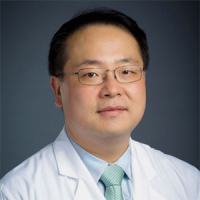
Cho, Do-Yeon, M.D.
Professor
Director of Smell and Taste Clinic
Dr. Do-Yeon Cho’s research program focuses on the mechanisms underlying chronic rhinosinusitis (CRS), with an emphasis on cystic fibrosis (CF) carrier status, the host-pathogen interaction in the sinus, and olfactory dysfunction. His laboratory has established and characterized CFTR-ΔF508 heterozygous rabbit models of sinusitis to investigate how CF carrier status alters epithelial integrity, mucociliary clearance, and susceptibility to chronic bacterial infection. Complementary studies explore how mucin-fermenting microbes reshape the sinonasal microenvironment, driving persistent inflammation and recalcitrant CRS. Clinically, Dr. Cho’s group leverages large patient cohorts to define the patterns of smell loss and recovery, integrating clinical and other data to identify predictors of olfactory outcomes. Building on these mechanistic insights, his team is also advancing novel topical antibiotic drug-delivery systems, including bioengineered sinus matrix, designed to overcome microbial persistence and improve patient outcomes. This work is supported by the NIH, the Cystic Fibrosis Foundation, and industry partners.
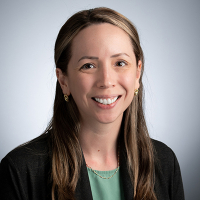
Kane, Anne, M.D., FACS
Associate Professor
Scientist, O'Neal Comprehensive Cancer Center
Dr. Anne Kane’s research focuses on clinical outcomes in head and neck cancer from a population health perspective. She applies implementation science to design interventions targeting both patient-level and population-level factors, with an emphasis on social determinants that impact cancer outcomes. The goal of Dr. Kane's research is to develop cost-effective interventions that improve cancer outcomes and health care utilization within the head and neck cancer population.
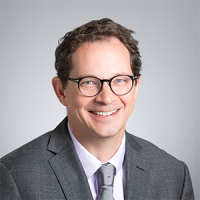
Turner, Justin, M.D., Ph.D.
Professor
Chair, UAB Department of Otolaryngology
John S. Odess Endowed Chair
The Turner Lab is focused on investigating the pathophysiology of chronic rhinosinusitis (CRS) and related upper airway inflammatory diseases. The lab uses patient derived-biospecimens and a translational approach to link clinical and disease characteristics with the cellular and immune mechanisms driving the disease. The lab is particularly interested in understanding how clinical, demographic, and immunologic characteristics can predict patient outcomes following surgical or medical interventions. The ultimate goal is to develop precision medicine approaches that offer more targeted and effective treatments for patients with CRS.
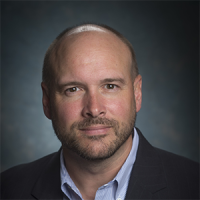
Warram, Jason M., Ph.D.
Professor
Director of Head and Neck Research Lab
Dr. Jason Warram’s research focuses on the use of imaging in therapeutic planning and screening of head and neck cancer. These efforts include preclinical research investigating optical and nuclear imaging for cancer detection, plasmid-based approaches for cancer diagnosis, and transcriptomics-driven prognostics. Additionally, the laboratory operates several clinical trials investigating multi-modality imaging techniques to assist in surgical treatment and planning.
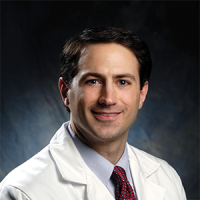
Woodworth, Bradford A., M.D.
James J. Hicks Endowed Professor of Otolaryngology
Senior Scientist, Gregory Fleming James Cystic Fibrosis Research Center
Senior Scientist, Center for Clinical and Translational Science
Dr. Bradford Woodworth leads a translational research program that bridges basic science and clinical innovation in chronic rhinosinusitis (CRS) and sinonasal disease. Our laboratory has defined the mechanisms of acquired CFTR dysfunction in the upper airway and developed novel therapeutic strategies to restore mucociliary function, including the use of CFTR potentiators, TMEM16A modulators, and topical nanoparticle-based drug delivery. We have advanced multiple preclinical platforms—ranging from cell culture to animal models (mouse, rat, rabbit, pig)—into first-in-human clinical studies, including an NIH-funded trial of ivacaftor in CRS. With over 220 peer-reviewed publications, my work continues to inform the biological, physiological, and therapeutic landscape of CRS in both academic and clinical spheres.